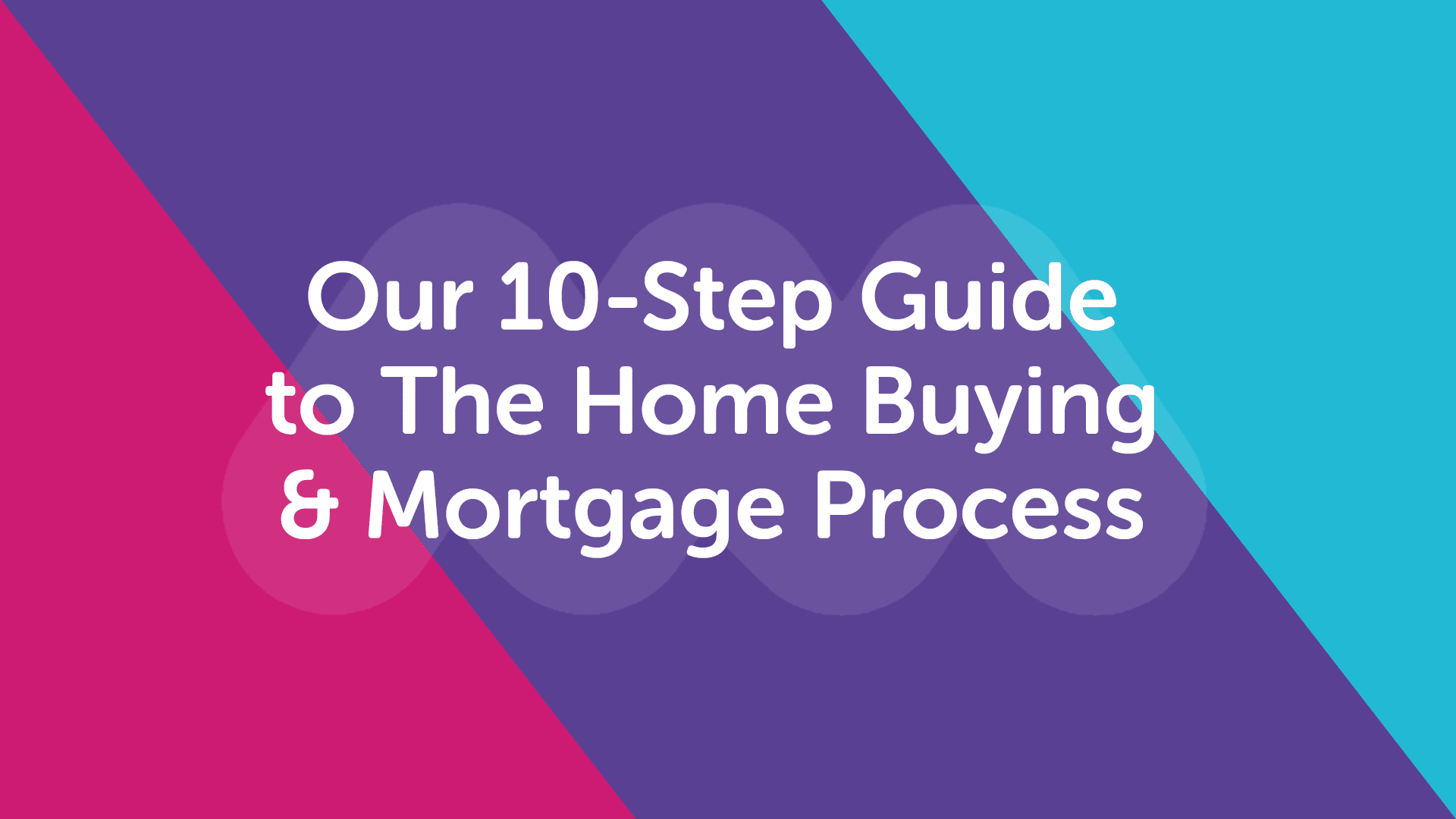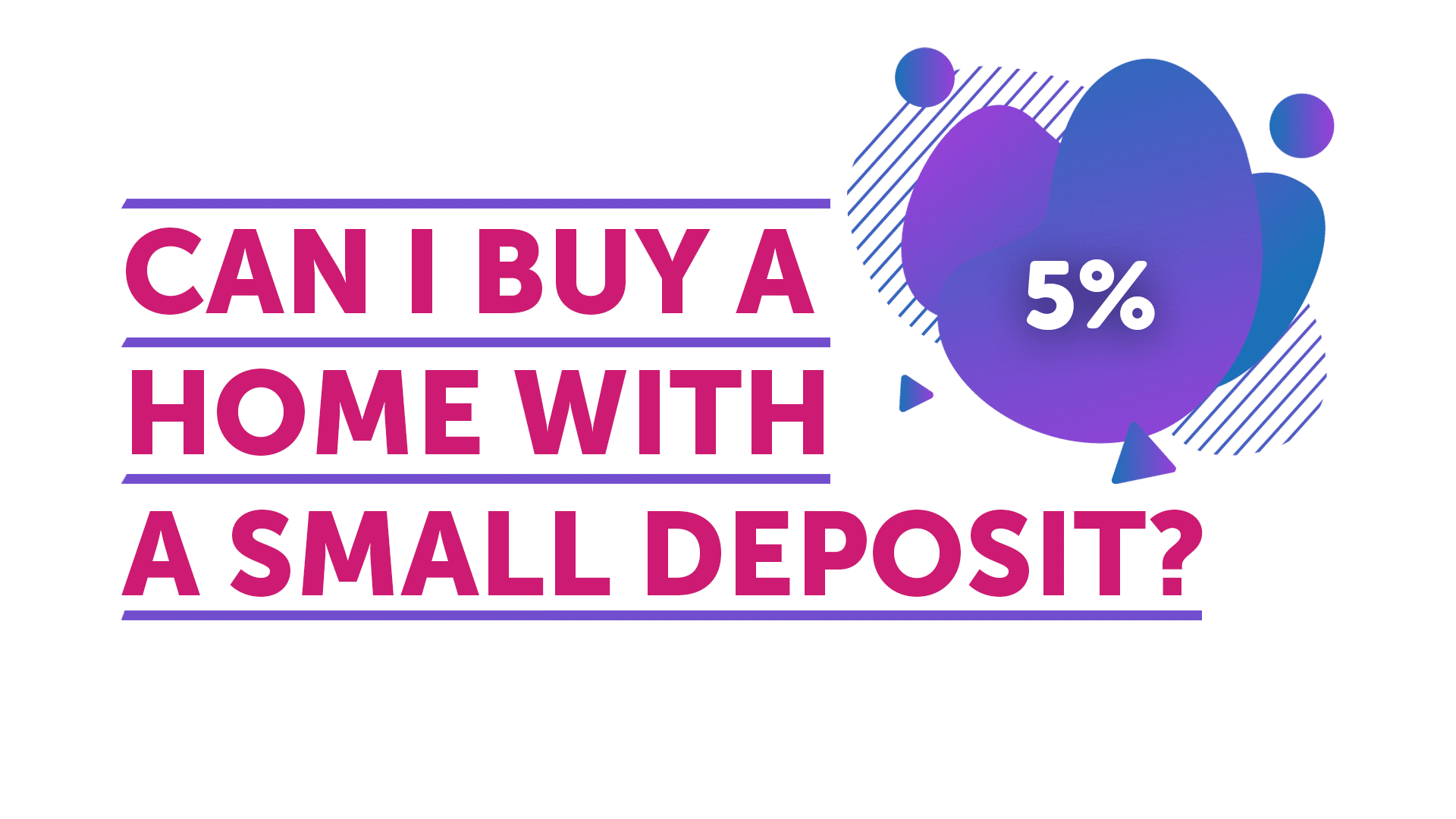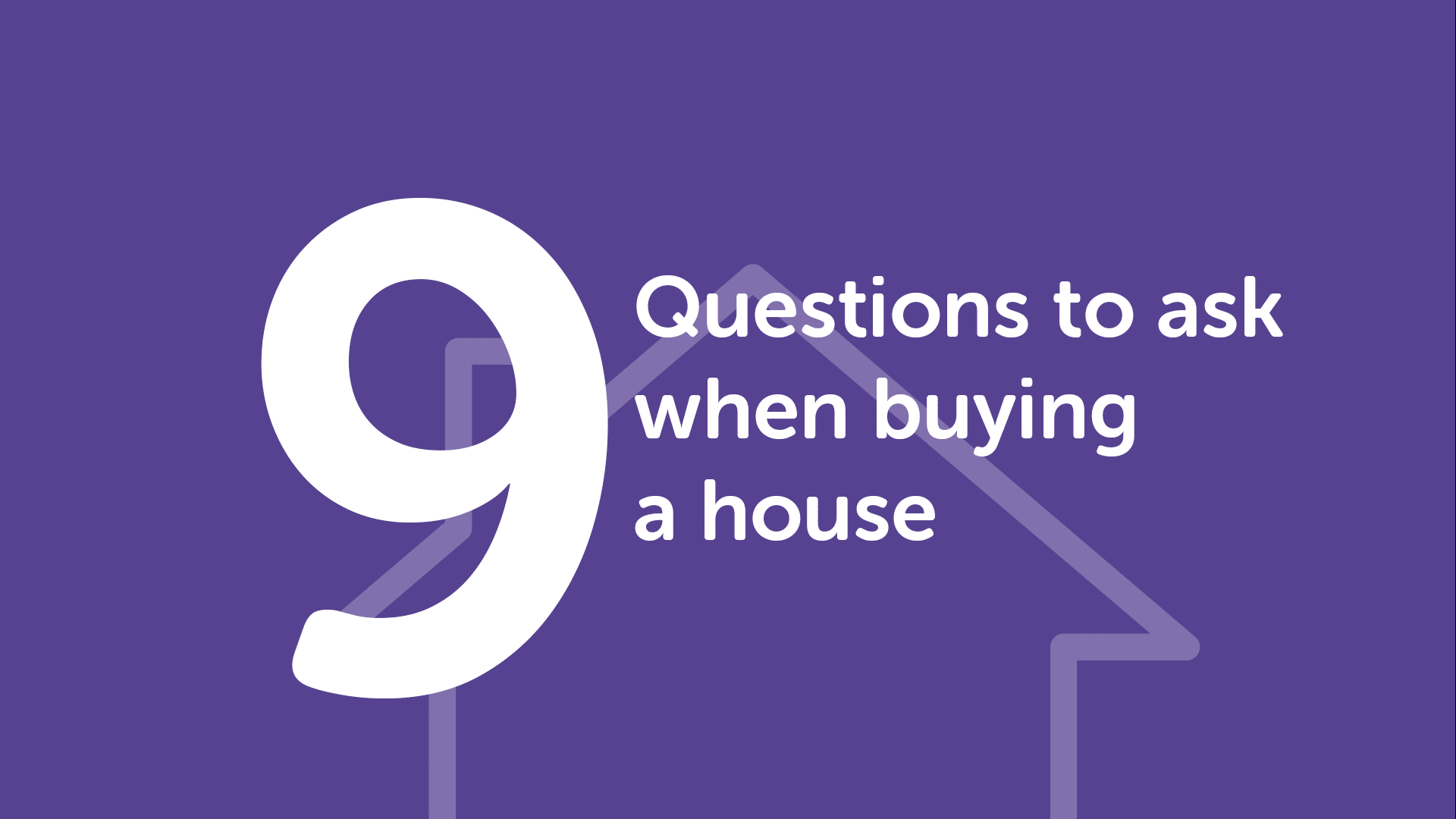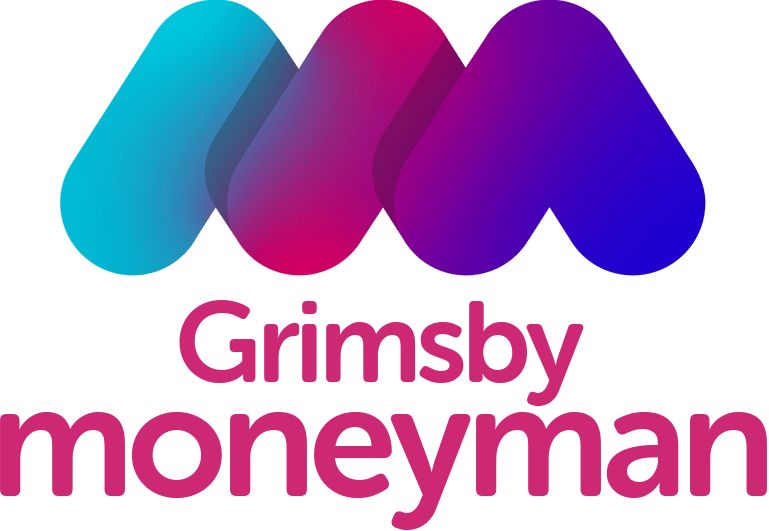First Time Buyer Mortgage Advice in Grimsby
Starting the journey towards your homeowning goals as a first time buyer in Grimsby can be an exciting but stressful experience, in particular, for those who have little to no knowledge or experience of it. The good news is that you are not only one, there are plenty like you who are going through this processor the first time. As a mortgage broker in Grimsby, we recommend that you are as organised as you can be to help you through the process. Let’s look at the house-buying aspect of this process, below are 9 questions to ask when buying a house for the first time.
The 9 Most Common Questions to Ask:
1. How much interest has there been in the property/development?
If you are interested in a particular property, it’s good to have a think before pursuing as this is a big financial commitment and is one that will impact your financial background.
One thing you need to be aware of is the amount of interest the property has. Not only does this give you a rough guideline of how long you have of the thinking process. For example, if your desired property has a lot of interest, it’s best to come to an answer pretty quickly.
2. Is there a property chain?
A property chain occurs when there are a number of transactions happening at once for every sale and purchase to be completed.
If the property is in a chain, this can have a large impact on certain stages of the mortgage process.
If there is no onward chain which can happen with new homes, situations involving bereavement or emigration, this can potentially speed up the moving process especially if you are not part of a chain yourself. As a buyer who doesn’t need to sell your own property first can be a huge advantage from the seller’s view as you won’t be interrupting the home-buying process.
This is something you should put across when negotiating as it can put you in a better position than other interested buyers.
3. What’s included in the sale?
You may find that when you move into your dream home, the previous owner has left them with previous items behind. This can be really helpful for you if the property already has electronic goods like washing machines, fridges, freezers or things like sheds that have been left by the next occupant. Keep in mind that this doesn’t apply to new build properties as they come as standard or agreed upon prior to being built.
4. What are the neighbours like?
Neighbours are something else you may need to factor in as a good or bad neighbour can be the deciding factor in you living in the property. This can be more of an important factor if you are new to the area you are moving to. Moving into a new build property can be risky as it will be the job of both you and your neighbours to build the community meaning you won’t know anyone until you move in.
5. How much does it cost to run?
In terms of the running costs, this all comes down to the house and the location meaning it’s helpful to research and ask the right questions. Aspects to research include the cost of Council Tax as well as the average spend on utilities both of which can be done by either doing your research or asking the seller. Knowing these expenses can help towards working out your budget for each property.
6. Which way does the house face?
One of your deciding factors may be the direction the property faces as many enjoy relaxing in the garden in late summer nights or reading books in natural light. South-facing gardens usually come with a large premium to pay as you will receive the most sun throughout the day.
7. How much work will be required after moving in?
Looking at the work that may be done can play a significant part in your budget. Below are some things you may want to think about:
- The energy efficiency of the house.
- Checking for any damp issues.
- Altering the furnishing.
8. Are you open to offers?
The beginning of the process starts with negotiating a property price. Keep in mind that you are as prepared as you can be to put an offer down on a property that you like. Our ‘how to make an offer on a property in Grimsby‘ article is a brilliant tool if you are looking at improving your skills on this. When you are ready to go, you can then start negotiating.
In the case where your offer is too high or too low, it’s good to get in touch with the seller or estate agent. By doing this, you can get an idea of any other offers that have been made and rejected before your offer.
9. When can we move in?
Getting a date in the diary of when you’re moving can allow you to organise any other tasks to do before this deadline. Therefore, tasks like instructing a conveyancing solicitor, packing your belongings and organising a removal van to transport your belongings to the new property will need to be sorted.
Date Last Edited: March 18, 2024














